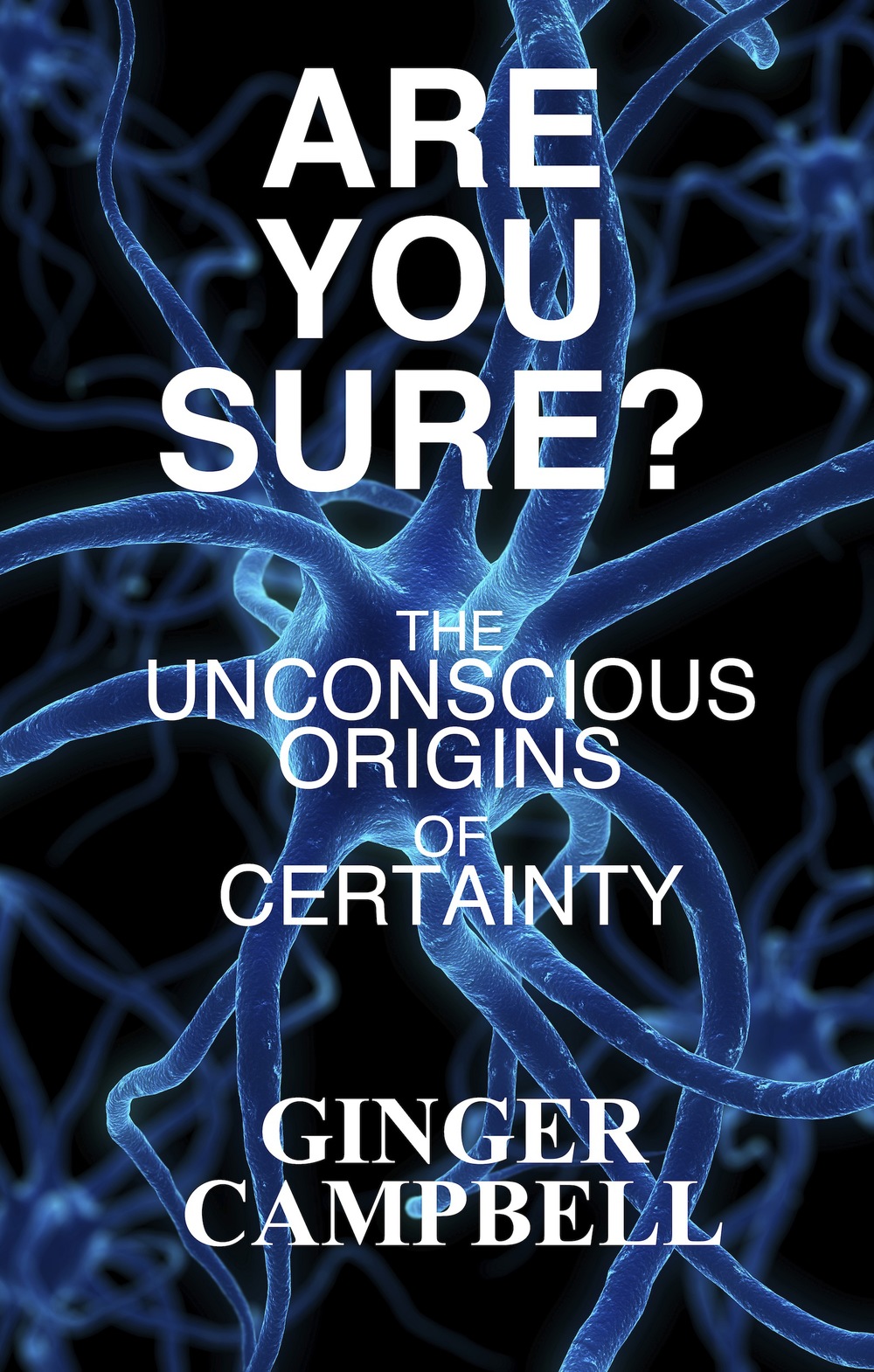Where do Emotions Begin?
/ Dr. Jaak Panksepp (click to play audio)In his new book The Archaeology of Mind: Neuroevolutionary Origins of Human Emotions Jaak Panksepp set out to make his life's work more accessible to a general audience. To be honest, reading this book requires a significant commitment, but I think he does a wonderful job of updating his classic textbook Affective Neuroscience. Anyone who is interested in this field will definitely want this book as a reference. The other strength of Archeology of Mind is its evolutionary approach. The primary emotional processes that Panksepp has spent his career studying have their origins in the ancient parts of the brain that are shared by all mammals. This contradicts longstanding assumptions in neuroscience, but it has important implications for both humans and other animals.
Dr. Jaak Panksepp (click to play audio)In his new book The Archaeology of Mind: Neuroevolutionary Origins of Human Emotions Jaak Panksepp set out to make his life's work more accessible to a general audience. To be honest, reading this book requires a significant commitment, but I think he does a wonderful job of updating his classic textbook Affective Neuroscience. Anyone who is interested in this field will definitely want this book as a reference. The other strength of Archeology of Mind is its evolutionary approach. The primary emotional processes that Panksepp has spent his career studying have their origins in the ancient parts of the brain that are shared by all mammals. This contradicts longstanding assumptions in neuroscience, but it has important implications for both humans and other animals.
In Episode 91 of the Brain Science Podcast Dr. Panksepp and I talked about some of the new information contained in Archeology of Mind with a particular focus on FEAR, which contrary to what many researchers claim, does NOT begin in the amygdala, but begins much lower. We do talk briefly about the experimental evidence, but this was covered in more detail during Dr. Panksepp's previous appearance on the Brain Science Podcast in BSP 65.
Click here for detailed shownotes and free transcript.










